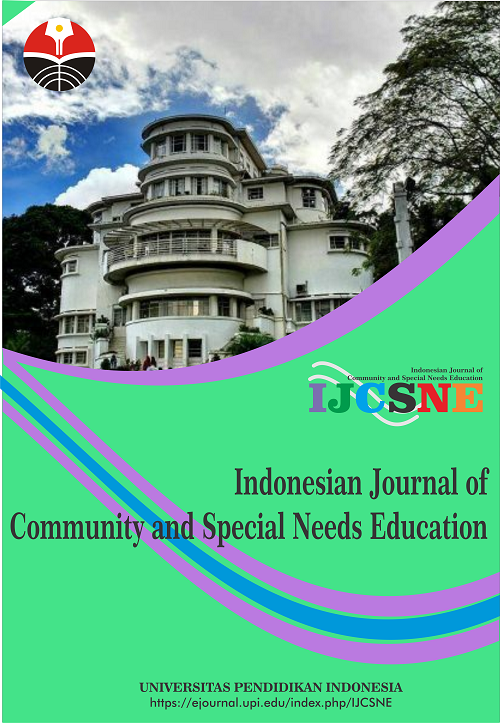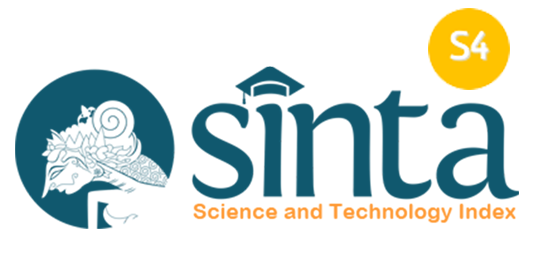Sustaining Students’ Mental Health Through the Use of Tiktok Application
Abstract
Keywords
Full Text:
PDFReferences
Bannon, S. M., Barle, N., Mennella, M. S., and O’Leary, K. D. (2018). Parental conflict and college student functioning: impact of child involvement in conflict. Journal of Divorce and Remarriage, 59(3), 157-174.
Bekalu, M. A., McCloud, R. F., Minsky, S., and Viswanath, K. (2021). Association of social participation, perception of neighborhood social cohesion, and social media use with happiness: Evidence of trade‐off (JCOP‐20‐277). Journal of Community Psychology, 49(2), 432-446.
Blomfield Neira, C. J., and Barber, B. L. (2014). Social networking site use: Linked to adolescents' social self‐concept, self‐esteem, and depressed mood. Australian Journal of Psychology, 66(1), 56-64.
Coyne S.M., Rogers, A.A., Zurcher, J.D., Stockdale, L. and Booth, M. (2020). Does time spent using social media impact mental health? An eight-year longitudinal study. Comput Hum Behav, 104, 106-160.
Gulati, S. (2017). Impact of peer pressure on buying behaviour. International Journal of Research-Granthaalayah, 5(6), 280-291.
Gupta, S., and Bashir, L. (2018). Social networking usage questionnaire: development and validation in an Indian higher education context. Turkish Online Journal of Distance Education, 19(4), 214-227.
Karim, F., Oyewande, A. A., Abdalla, L. F., Chaudhry Ehsanullah, R., and Khan, S. (2020). Social Media Use and Its Connection to Mental Health: A Systematic Review. Cureus, 12(6), 8627.
Kim, H. H. S. (2017). The impact of online social networking on adolescent psychological well-being (WB): a population-level analysis of Korean school-aged children. International Journal of Adolescence and Youth, 22(3), 364-376.
Korir, D. and Kipkemboi, F. (2014). The impact of the school environment and peer influences on students' academicperformance in Vihiga county, Kenya. Journal of Education and Practice, 5(11), 1.
O’Reilly, M., Dogra, N., Whiteman, N., Hughes, J., Eruyar, S., and Reilly, P. (2018). Is social media bad for mental health and wellbeing? Exploring the perspectives of adolescents. Clinical Child Psychology and Psychiatry, 23(4), 601-613.
Yu, J. X. (2019). Research on Tik Tok App based on user-centric theory. Applied Science and Innovative Research, 3(1), 28-36.
DOI: https://doi.org/10.17509/ijcsne.v3i1.43729
Refbacks
- There are currently no refbacks.
Copyright (c) 2022 Universitas Pendidikan Indonesia

This work is licensed under a Creative Commons Attribution-ShareAlike 4.0 International License.















